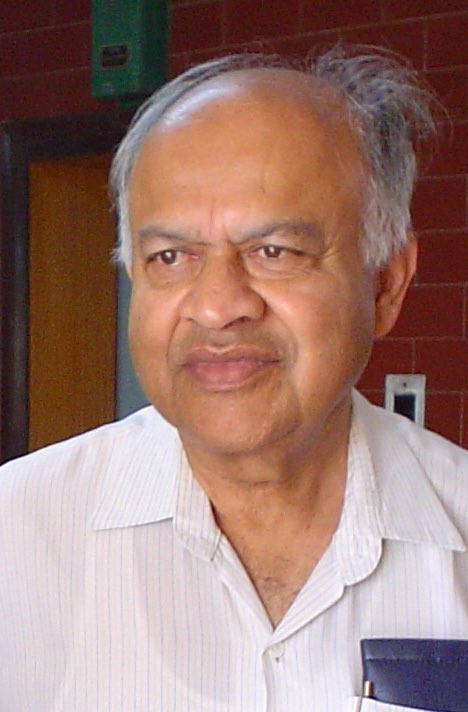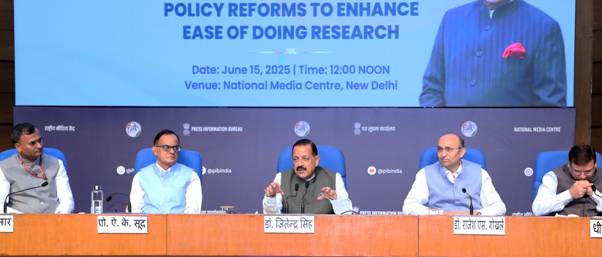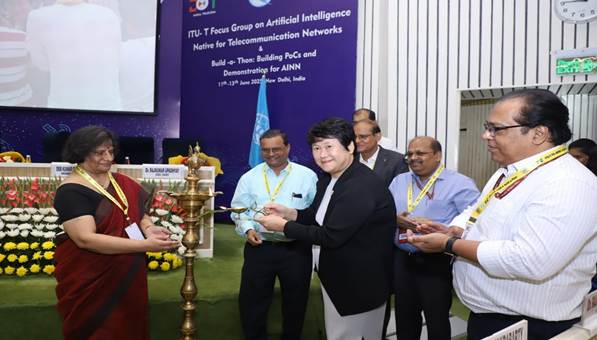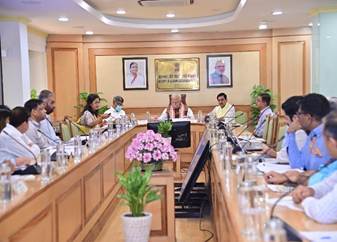New Delhi, NFAPost: Dr. Jayant Vishnu Narlikar, an internationally renowned Indian astrophysicist, a visionary, and a passionate science communicator, passed away peacefully in his sleep at his residence in Pune on May 20, 2025. He was 86.
In a statement via social media platform X, Prime Minister condoled the passing of Dr Jayant Narlikar and said his passing away is a monumental loss to the scientific community.
“He was a luminary, especially in the field of astrophysics. His pioneering works, especially key theoretical frameworks will be valued by generations of researchers. He made a mark as an institution builder, grooming centres of learning and innovation for young minds. His writings have also gone a long way in making science accessible to common citizens. Condolences to his family and friends in this hour of grief. Om Shanti,” states Prime Minister Narendra Modi.
Padma Vibhushan awardee Dr Jayant Vishnu Narlikar did his school education from Central Hindu College now Central Hindu Boys School. He received his BSc degree from Banaras Hindu University in 1957. He then began his studies at Cambridge University at Fitzwilliam College like his father, where he received a BA (Tripos) degree in mathematics in 1959 and was Senior Wrangler.
In 1960, he won the Tyson Medal for astronomy. During his doctoral studies at Cambridge, he won the Smith’s Prize in 1962. After receiving his PhD degree in 1963 under the guidance of Fred Hoyle, he served as a Berry Ramsey Fellow at King’s College in Cambridge and earned a master’s degree in astronomy and astrophysics in 1964.
In 1972, Narlikar took up Professorship at the Tata Institute of Fundamental Research (TIFR) in Mumbai. In 1988, the Indian University Grants Commission set up the Inter-University Centre for Astronomy and Astrophysics (IUCAA) in Pune, and Narlikar became the Founder-Director of IUCAA. In 1981, Narlikar became a founding member of the World Cultural Council.
Narlikar is known for his work in cosmology, especially in championing models alternative to the popular Big Bang model. During 1994–1997, he was the President of the Cosmology Commission of the International Astronomical Union. His research work has involved Mach’s principle, quantum cosmology, and action-at-a-distance physics. Narlikar was part of a study which cultured microorganisms from stratospheric air samples obtained at 41 km.
He was appointed the chairperson of The Advisory Group for Textbooks in Science and Mathematics, the textbook development committee responsible for developing textbooks in Science and Mathematics, published by NCERT.
















Leave a Reply